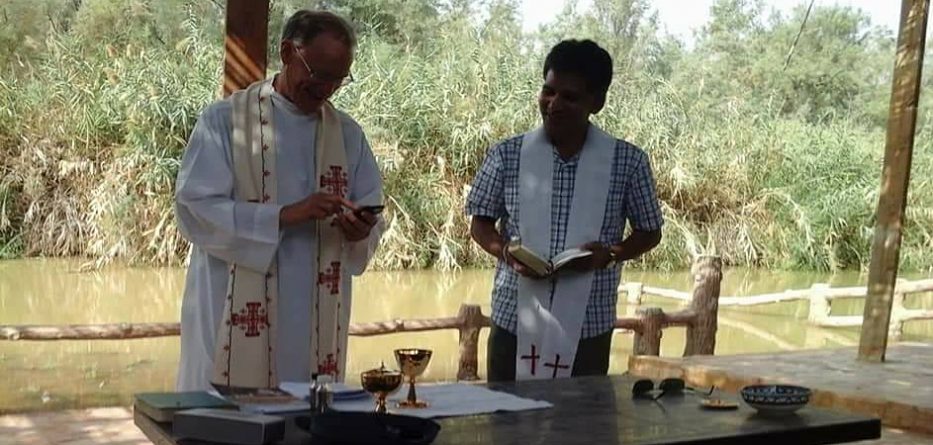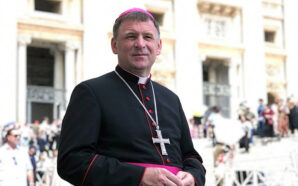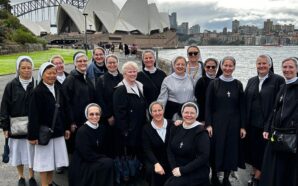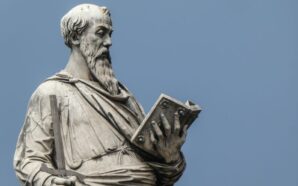About one million Christian pilgrims, every year, come from all over the world to be baptised in the Jordan River. At the baptism site called ‘Qaser el Yehud’ on the West Bank, and ‘Al-Maghtas’ on the Jordanian east side of this holy river, Christian tradition teaches that John the Baptist baptised Jesus after which the Holy Spirit descended on Jesus.
Today, the Jordan River would not be recognisable to John the Baptist or Jesus.
When Jesus was baptised, this river was clean, fast-flowing and over a hundred yards wide. Throughout the centuries, the diaries of Christian pilgrims even expressed concern of drowning in the Jordan, should they be carried away by its strong waters. When U.S. Admiral William Lynch organised an expedition down the Jordan in 1848, he recorded in his diary the dangers of navigation — a waterfall had destroyed one of the four boats on his journey.
Today a hamster wheel would hardly turn in what is left of this river that now barely connects the Sea of Galilee and the Dead Sea. The river is barely four yards wide or less, and desperately polluted.
Over the last 50 years, much due to the Arab / Israeli conflict, 95 percent of the fresh water that used to flow down the river has been diverted by Israel, Syria and Jordan. The river border is mined and fenced, and rather than fresh water flowing, a combination of Israeli, Jordanian and Palestinian raw or poorly treated sewage, fishpond waste, agricultural return flow and diverted saline springs, are what feed what is left of the once Mighty River Jordan.
Since 2005, EcoPeace Middle East, together with local residents and mayors, have led the call to rehabilitate the river, with success. Religious leaders representing Judaism, Christianity and Islam joined the effort, signing on to a new Jordan River Covenant that calls for the river’s rehabilitation. Efforts have been further assisted by a 2007 resolution unanimously passed in the U.S. Senate, calling on Israelis, Palestinian and Jordanians to work together towards river rehabilitation.
To continue reading this article, click here.
Gidon Bromberg, Yana Abu Taleb, Nada Majdalani are co-directors, Israeli, Jordanian and Palestinian, of EcoPeace Middle East, a unique regional organisation promoting cooperative efforts to protect the shared environmental heritage of the Holy Land.
With thanks to The Christian Post and Gidon Bromberg, Yana Abu Taleb and Nada Majdalani, where this article originally appeared.








